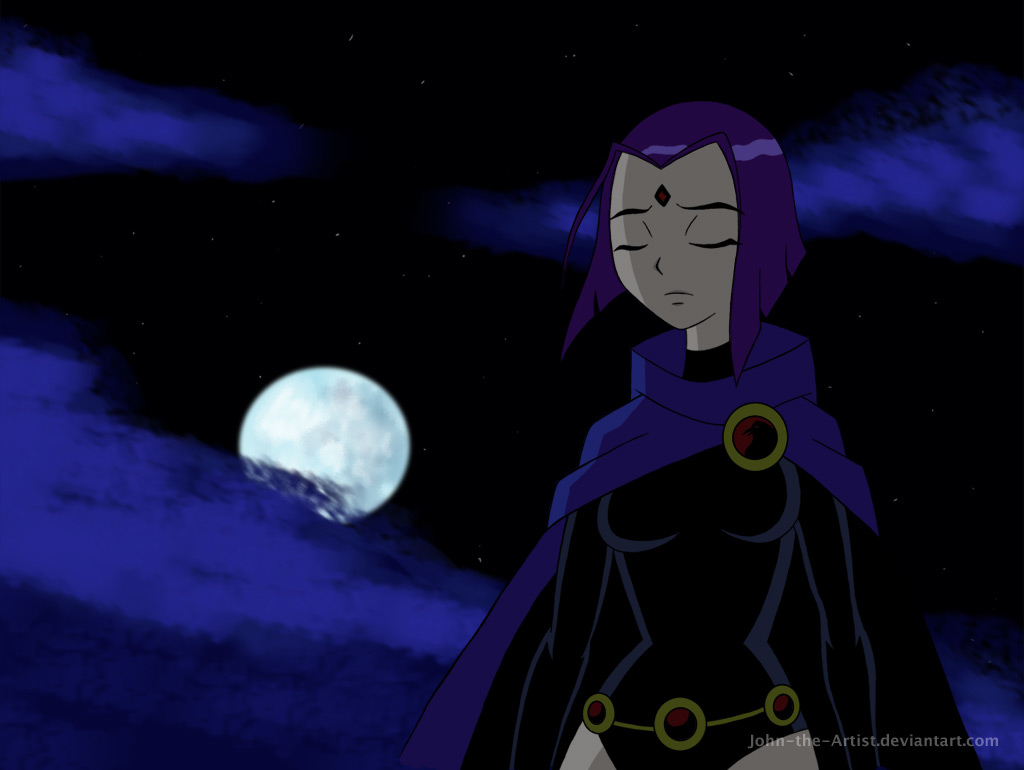
She talks to each one privately. She tells Silverstream that Equestria didn’t save the Hippogriffs when Storm King invaded. She tells Gallus that the Griffons and ponies didn’t get along, and Gallus should be the leader of the group. She tells Yona that Yona learned to speak pony, but nobody learned Yak. She told Smolder that the school doesn’t serve gems for dragons to eat. She tells Ocellus that the ponies made the changelings change their way of life just to suit the ponies. And she tells Sandbar that he treats is friends better than they treat him. This makes all of the characters mad at each other.
I will address each of these points from minor to major. Sandbar is upset because he feels unappreciated. I don’t see this as a major issue. He will get over it. It does not present a big personal problem, nor a problem with pony/non pony relationships.
Gallus has a big ego and it is reasonable to believe that he should feel like he is the leader. But he needs to realize that their group has no leader. I don’t see this a as a big problem. He needs to learn how pony society works if he wants to live there, even if temporarily. This is a minor personal problem, and might reflect some issues for Griffon/pony relationships.
The Hippogriffs. Why didn’t Equestria defend them? (Because plot.) We don’t know. I think Equestria should have, if they could have. But for whatever reason that didn’t happen. You can’t be mad at someone for not helping, or not helping enough, when you have problems. What do the Hippogriffs want? Reparations for something that Equestria wasn’t a part of? Do they want help rebuilding? That might be a good idea, but not because Equestria owes them anything. I think the Hippogriffs make good allies. It seems that they get along well with the ponies. The Hippogriffs should work to build an alliance, not feel bitter about what happened to them.
Yona feels like she is making an effort to fit into pony society by learning the pony language. But what else does she expect? She is visiting Equestria, of course she should learn their language. You don’t go to a foreign land and expect everyone there to speak your language. I never liked the Yaks. They are violent and threatened war. I don’t think Equestria should appease that kind of behavior. Sure, they can make some effort for peace, but don’t compromise their values. Equestria should always be ready for war to defend its way of life. The Yaks make unstable allies. The only reason I would negotiate peace with them is that war is expensive. I would not have peace “at any cost.” I think that if the Yaks had a superior military then they would attack Equestria.
Smolder’s problem is similar to Yona’s. Should she expect to eat gem stones in Equestria? I don’t know how hard it is to obtain dragon food. Presumably it shouldn’t be that hard. I think she has a valid complaint, but nothing worth getting mad about. A minor personal problem, but a reflection of a big dragon/pony problem. I see the dragons as worse than the Yaks. The only reason that the dragons have not invaded Equestria is that Ember doesn’t want to. What happens if she is replaced? Can the ponies really trust the dragons? Do they share any common values? I don’t think so. I would keep a strong military as a deterrent against dragon invasion.
The Changelings. The ponies changed the Changelings’ way of life just to suit the ponies? Duh! The Changelings invaded Equestria. The ponies had every right to do anything, including wiping out every last Changeling, to save themselves. The Changelings should be thankful that they still exist. The ponies and Changelings could not live in the same world. Their existence was mutually exclusive. One might ask, “Where were the hippogriffs when the Changelings invaded Equestria?” Fortunately for Equestria, the Changelings are no longer a threat. I do think it is a good idea to have an alliance with them now that they are not a threat. But what happens when Thorax isn’t in charge anymore? Hopefully the change is permanent.
I believe that Equestria represents the superior culture in the land. At the very least, they should take a stance that protects their way of life. We could get into cultural relativism, with an attitude of “well, everyone thinks they are the best.” Sure, when the unreformed Changeling is eating your energy, you can think that. Or when the dragon is roasting your village, or when a diamond dog has you in chains, you can talk about how every creature is equal. Taking a cultural relativistic philosophy is pointless at best, self-destructive at worst.
It is significant that it is Equestria that has a school devoted to inclusiveness. It is Equestria that accepts all points of view. It is Equestria where creatures from other lands can be given a fair chance. Not Yakyakistan, not Dragonland (awesome band), not the Changeling Kingdom, not Griffonstone. Maybe the Hippogriff lands. It is cultural suicide to think that every other creature believes in freedom the same way the ponies do. Equestria should spread its beliefs and culture. I’m not saying it should invade other lands. I’m saying other lands should adopt the same concepts of freedom that Equestria has. If they don’t, then Equestria needs to have a strong defense. Being ready to defend yourself is not aggressive. Having strong values and beliefs means nothing without the firepower to ultimately back it up.
- Read more...
- 0 comments
- 811 views


